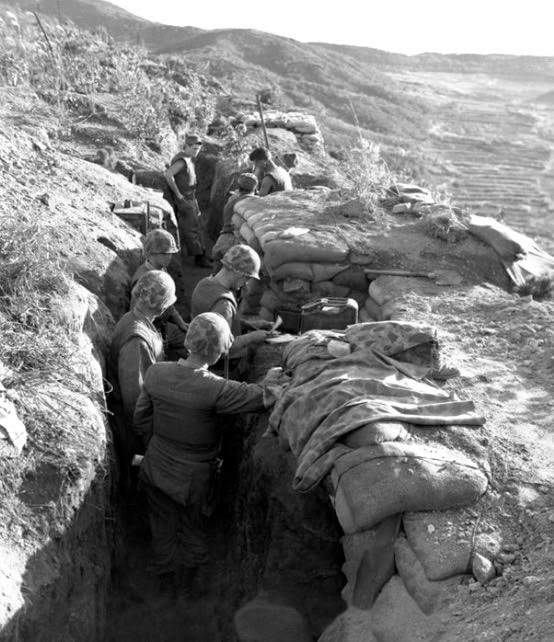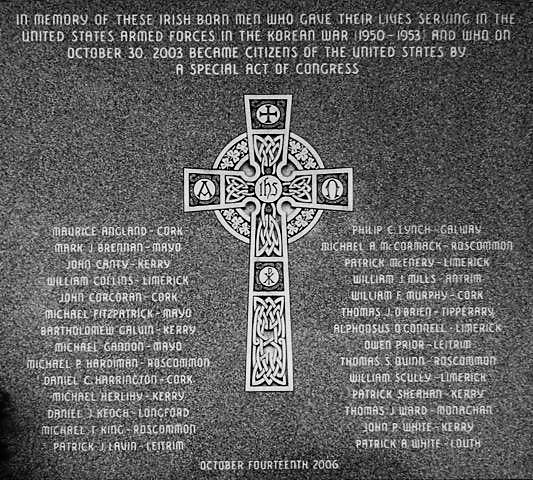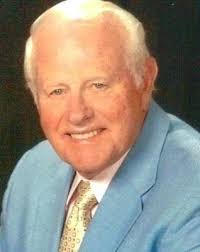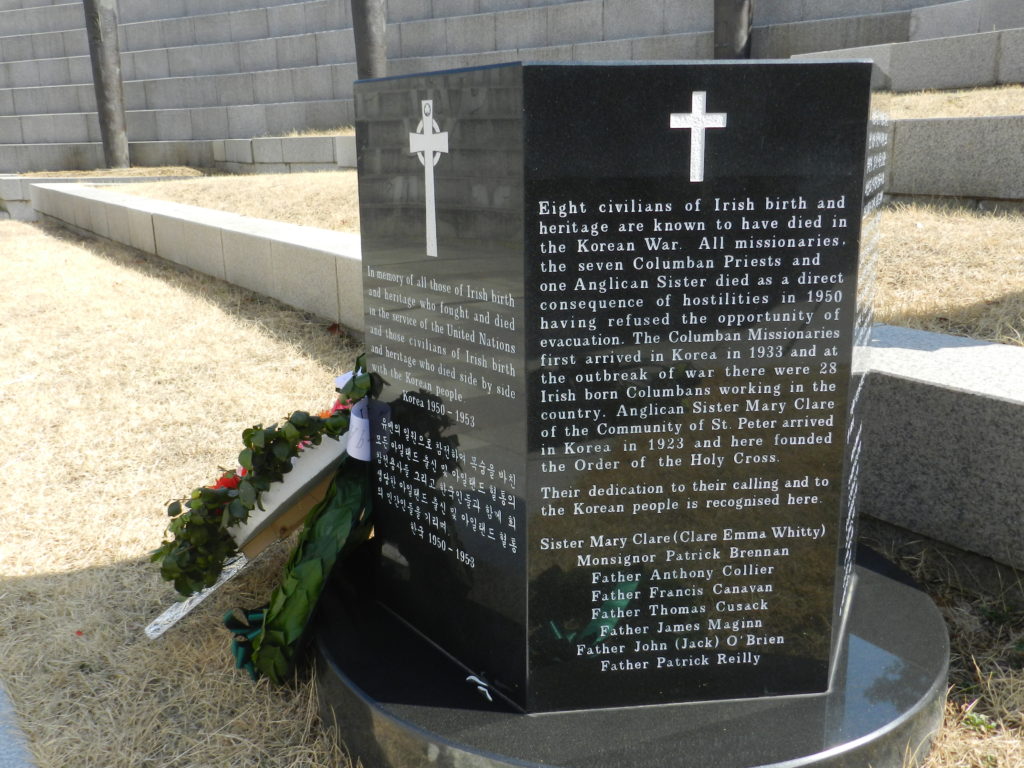The Fighting Irish of the Korean War

As a young boy, I remember how proud my grandfather, Patrick J. Sullivan, was of his Irish ancestry. As the son of an Irish immigrant from County Kerry, he was also proud of the USA and everything it stood for. From his humble beginnings in Holyoke, Massachusetts, to his international career as a US Public Health Service doctor, he lived the American dream.
As my wife and I celebrate St. Patrick's Day this weekend in Seoul, I’m reminded of my Irish heritage. Living in Korea, I’m also reminded of the 159 Irishmen who sacrificed and died during the Korean War. Remarkably, 28 of them served in the US Armed Services.
They Never Came Back
In a little-known chapter of the Korean War, 27 US Army soldiers and one US Marine - all Irishmen - went to Korea and never came back. They fought and died in the US military, but in a strange twist of fate, they weren’t US citizens. They were Irish immigrants who had legally come to America just years, sometimes months, before the war, in hopes of becoming US citizens. They believed that if they fought honorably in Korea, the US government would reward them appropriately.
But it wasn’t that easy.
Laws on becoming a citizen were vague. When the men returned from Korea, many were told they’d have to wait five years, just like everyone else, before they could even apply for citizenship.

The Irish Korean War Memorial in Green-Wood Cemetery, Brooklyn, New York. (fshk.net)
By late 1953, however, Congress, under growing pressure, passed a law stating that active duty members of the military who had served in a war, even a non-declared war like the “police action” in Korea, would be granted citizenship in 90 -180 days. But the statute wasn’t retroactive.
The 28 Irish-born men who had died in Korea didn’t qualify. They had sacrificed their lives fighting for America, but their adopted country was refusing to recognize them as US citizens.
A Monument of Their Own
John Leahy, an Irishman who had also fought in Korea, was furious. In 1976 he began a campaign to bring awareness to his “forgotten” brothers in arms. Twenty-seven years later, on a beautiful day in Brooklyn, the 28 men received their posthumous citizenship at the unveiling of an Irish Korean War Memorial at Green-Wood Cemetery. John’s perseverance and dedication to his comrades had paid off.
Before giving a eulogy for the fallen servicemen, Mr. Leahy told the audience, “Today is possibly the proudest day of my life. . . these 28 have crossed home plate and are now in a beautiful clubhouse and have a monument of their own.”

Marine machine gunners awaiting another Chinese attack, September, 1952. (PC: US Marine Corps)
An Irish Marine
One of the men he referred to was Marine PFC John Patrick White, an Irishman from County Kerry who had moved to NY when he was 19.
On September 24, 1952, an overwhelming Chinese force hit his unit, 1st Battalion, 7th Marines. With wave after wave of enemy soldiers attacking the Americans on Hill 124, adjacent to the infamous Hill 122, or Bunker Hill, White and his fellow Marines fought off hundreds of determined Chinese. US casualties were high.
The bloody, often times hand-to-hand engagement continued throughout the night. In the death, destruction, and chaos of the fighting, a group of isolated Marines were surrounded and captured by the Communists. White was one of them.
According to eyewitness accounts, White and his fellow Marines were marched north for nearly a month to POW Camp #5. The young Irishman who had hoped to become a US citizen on his return from the war was never heard from again.
Two years later on March 17, 1954, St. Patrick’s Day, PFC White was declared dead. His remains were never recovered.

PFC John Patrick White, USMC (PC: USMC Archives)
Postscript:
According to PFC White's niece, Catherine, members of the family have given DNA samples to the Defense POW/MIA Accounting Agency (DPAA) and are hoping that recent remains returned from North Korea include those of John Patrick White.
As we enjoy a few pints of Guinness this weekend, it’s a fitting time to toast Mr. Leahy and all the young men from Ireland, regardless of what country they served with, who sacrificed and died so that Korea could be free. Cheers and God Bless the Irish!

Top/Feature picture: Marines manning an outpost in Korea, 1952. The static, bloody, trench warfare resembled that of WWI.(PC: US Marine Corps)


My Dad Michael Collins Jr was a first generation Irish American. He join the Army at 16 and served with the 32 infantry regiment. From Inchon to pork chop.
Thanks for sharing this, Michael! I salute your father for his service during the Korean War.
He represents so many young men who did their part in helping keep Korea free. We owe them so much and will always remember their service and sacrifices.
Appreciate your reading the blog and commenting.